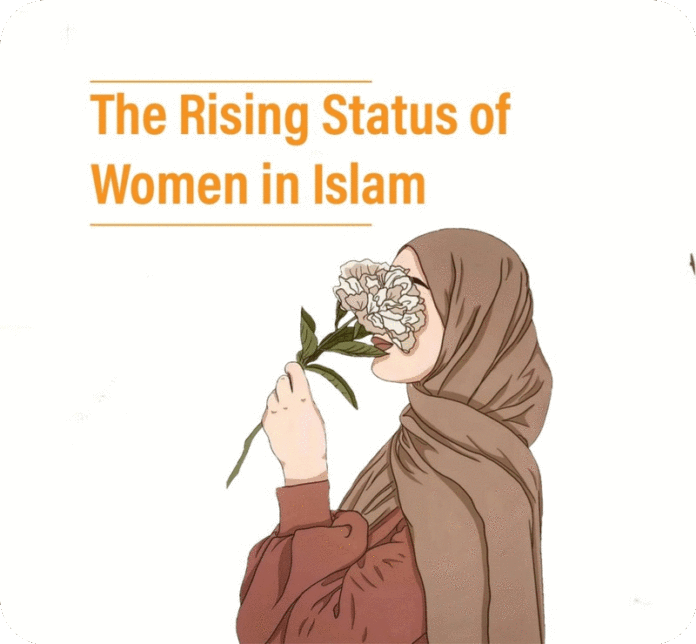The position of women in Islam is a complex and multifaceted topic that has been debated and interpreted in various ways throughout history and across different cultural contexts. Generally speaking, Islamic teachings recognize the fundamental equality of men and women in their humanity and spiritual worth, while also acknowledging certain differences in roles and responsibilities based on biological, social, and cultural factors.
In terms of legal rights and protections, Islamic law (Shariah) grants women a range of important rights and freedoms, including the right to own property, receive an education, work, vote, and participate in public life. Women are also entitled to financial support from their male relatives and husbands, and have the right to seek divorce under certain conditions. In addition, Islamic law places a strong emphasis on the protection and care of women, and condemns all forms of violence and oppression against them.
At the same time, there are certain practices and cultural norms that have developed within some Muslim societies that can be seen as restrictive or discriminatory towards women. These may include restrictions on dress and mobility, limitations on access to education or employment, and practices such as forced marriage or female genital mutilation, which are not condoned by Islamic teachings but may be perpetuated due to cultural factors.
Overall, it is important to recognize that there is no monolithic or homogenous view of the position of women in Islam, and that interpretations of Islamic teachings and practices vary widely across different communities and contexts. It is therefore essential to engage in ongoing dialogue and critical reflection on these issues, while also working towards promoting the principles of equality, justice, and human rights for all people, regardless of gender or other identities.


































